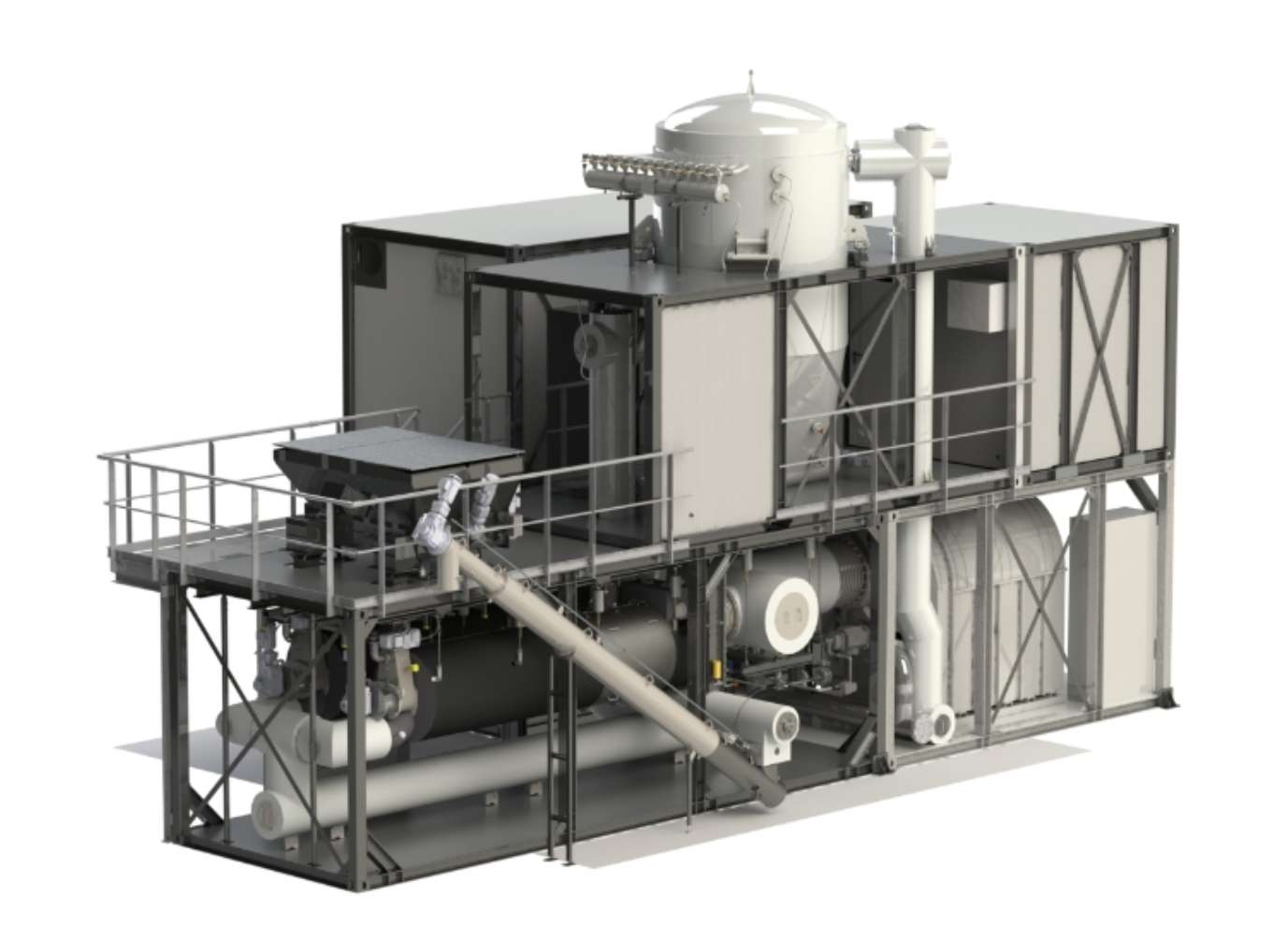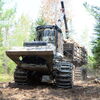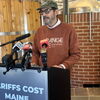
Processing Your Payment
Please do not leave this page until complete. This can take a few moments.
- News
-
Editions
-
- Lists
-
Viewpoints
-
Our Events
-
Event Info
- Women's Leadership Forum 2025
- On the Road with Mainebiz in Bethel
- Health Care Forum 2025
- On The Road with Mainebiz in Greenville
- On The Road with Mainebiz in Waterville
- Small Business Forum 2025
- Outstanding Women in Business Reception 2025
- On The Road with Mainebiz in Bath
- 60 Ideas in 60 Minutes Portland 2025
- 40 Under 40 Awards Reception 2025
- On The Road with Mainebiz in Lewiston / Auburn
- 60 Ideas in 60 Minutes Bangor 2025
Award Honorees
- 2025 Business Leaders of the Year
- 2024 Women to Watch Honorees
- 2024 Business Leaders of the Year
- 2023 NextUp: 40 Under 40 Honorees
- 2023 Women to Watch Honorees
- 2023 Business Leaders of the Year
- 2022 NextUp: 40 Under 40 Honorees
- 2022 Women to Watch Honorees
- 2022 Business Leaders of the Year
-
-
Calendar
-
Biz Marketplace
- News
- Editions
- Lists
- Viewpoints
-
Our Events
Event Info
- View all Events
- Women's Leadership Forum 2025
- On the Road with Mainebiz in Bethel
- Health Care Forum 2025
- On The Road with Mainebiz in Greenville
- On The Road with Mainebiz in Waterville
- + More
Award Honorees
- 2025 Business Leaders of the Year
- 2024 Women to Watch Honorees
- 2024 Business Leaders of the Year
- 2023 NextUp: 40 Under 40 Honorees
- 2023 Women to Watch Honorees
- 2023 Business Leaders of the Year
- + More
- 2022 NextUp: 40 Under 40 Honorees
- 2022 Women to Watch Honorees
- 2022 Business Leaders of the Year
- Nomination Forms
- Calendar
- Biz Marketplace
From Germany to Maine, plans advance for Enfield biochar plant
 Courtesy / Standard Biocarbon Corp.
From left, Standard Biocarbon Corp.’s COO Tamara Risser, analyst Kelley Attenborough and CEO Fred Horton, along with PYREG GmbH’s chief science officer Robert Kovach at Portland Harbor as an Eimskip ship brings two pyrolysis machines from Germany.
Courtesy / Standard Biocarbon Corp.
From left, Standard Biocarbon Corp.’s COO Tamara Risser, analyst Kelley Attenborough and CEO Fred Horton, along with PYREG GmbH’s chief science officer Robert Kovach at Portland Harbor as an Eimskip ship brings two pyrolysis machines from Germany.
Standard Biocarbon Corp. founders Frederick and Tom Horton literally watched their ship come in to Portland Harbor from their office windows at 2 Portland Fish Pier on Tuesday, ready to start a process that could help remediate PFAs and heavy metals and capture carbon for thousands of years.
The Horton brothers received delivery of two specialized machines designed to produce high-quality biochar from wood chips, for an end product used in agriculture, environmental remediation and stormwater management, along with other emerging uses.
“We are excited to receive our pyrolysis equipment from Pyreg and are poised to complete the development of our biochar production facility in Enfield,” said Fred Horton.
Biochar is a granular carbon substance produced when organic matter is decomposed thermally in an oxygen-starved chamber, a process called pyrolysis. It is made from clean wood chips and is over 85% carbon with minimal ash and no contaminants.
The Pyreg technology, plus feedstock from Pleasant River Lumber, is expected to produce a precision biochar suitable for high-value uses, such as the remediation of PFA contaminants and heavy metals in soil and water, according to SBC.
Biochar is also used to remediate non-point-source pollution from agricultural runoff, trapping nutrients before they reach waterways and making them available for reuse. Additional applications include urban stormwater management to improve resilience to extreme weather and promote urban greening.
In agriculture, biochar improves the storage capacity of nutrients and water. When used in bedding and manure ponds, biochar traps nutrients, then releases them gradually in the soil.
And it’s an economical carbon dioxide removal technology, according to the company. Biochar does not degrade in nature, so carbon content is captured for thousands of years.
Funding for the biochar production plant was provided by loans, grants and tax credits from Coastal Enterprises Inc., Finance Authority of Maine, Maine Technology Institute the U.S. Department of Agriculture and the U.S. Forest Service.
Additional funding was provided by a carbon credit streaming agreement and associated royalty agreement with Toronto-based Carbon Streaming Corp. (OTCMKTS: OFSTF).
Clean-tech startup
Standard Biocarbon, headquartered in Portland, is a clean-tech startup producing biochar at an industrial scale using state-of-the art technology from Germany. The company’s mission is to lead a modern North American biochar industry as part of a global climate solution. SBC's vision is to be the largest biochar producer in North America.

Founded by Fred and Tom Horton, whose parents started importing Jotul wood stoves from Norway to Portland in 1972, SBC’s manufacturing facility, adjacent to the Pleasant River Sawmill in Enfield, will use low-grade wood that has experienced declining demand due to closures of biomass power plants and paper mills.
“We believe this is a step forward to attract more negative emission technologies to Maine to support the global goal of carbon neutrality,” said Frederick Horton.
Reliable feedstock
Standard Biocarbon originally intended to locate its biochar facility at the developing innovation and industrial park at the former Great Northern Paper site in East Millinocket.
But the mill redevelopment had not progressed to the point where SBC could locate there, Tom Horton told Mainebiz.
The plan now is to co-locate the facility at the Pleasant River Mill, at 542 Hammett Road in Enfield, where the site offers a large and reliable supply of clean, high-quality feedstock in the form of mill residuals and the support and assistance of Chris and Jason Brochu, co-presidents of Pleasant River Lumber.
“We may ultimately locate a facility in East Millinocket, but our current focus is getting our first facility operational in 2023,” Horton said.
The biochar facility in Enfield is now under construction, and will consist of the two Pyreg P1500 pyrolizers, a feed system, chip drying and sizing technology, and a bagging system, all housed in a new 50-by-125-foot building.

SBC ordered the Pyreg equipment in February 2021.
“There were a few supply chain delays, but we are delighted that the equipment has finally arrived and will be installed in the coming months,” Horton said.
Because some of the construction work can’t be done until the ground thaws, SBC anticipates installing the equipment in late spring and beginning operations in summer 2023.
There are some interesting logistics to getting the machines installed.
“The pyrolsis equipment is turn-key, but it will need to be paired with locally sourced feed, sizing and drying equipment, so there is some amount of engineering and local fabrication to be completed,” said Horton.
The price of the machines was not disclosed.
Market value
The goal is to produce about 100 tons — 10,000 cubic yards — of biochar per month.
SBC said it plans to supply certified carbon removal capacity to emerging private carbon-credit markets, which offer corporations and individuals the opportunity to “buy back” their emissions.
“Markets for both biochar and carbon removal have enormous potential for scale and the critical input, woody biomass, is in abundant supply in Maine,” SBC said.














0 Comments